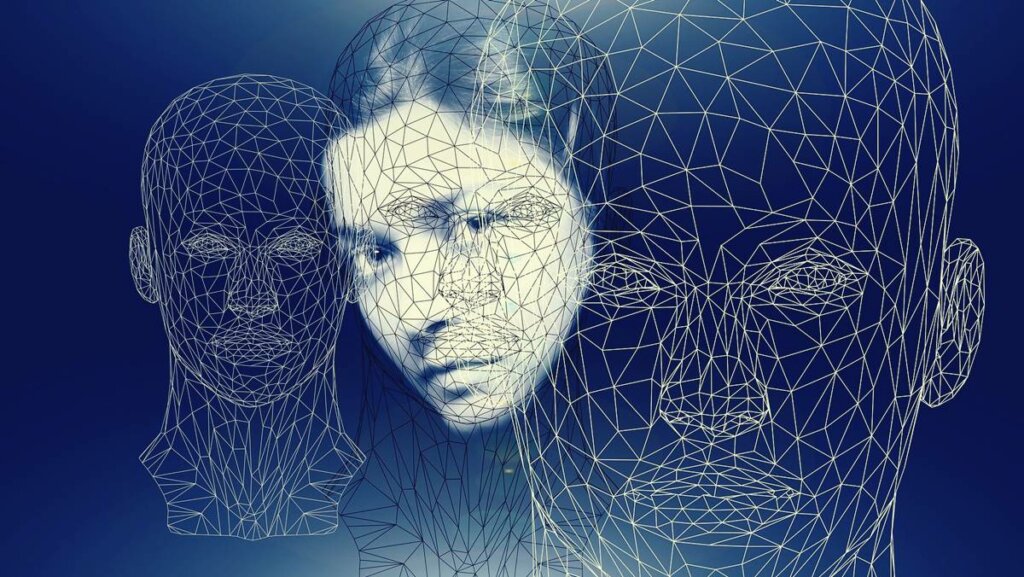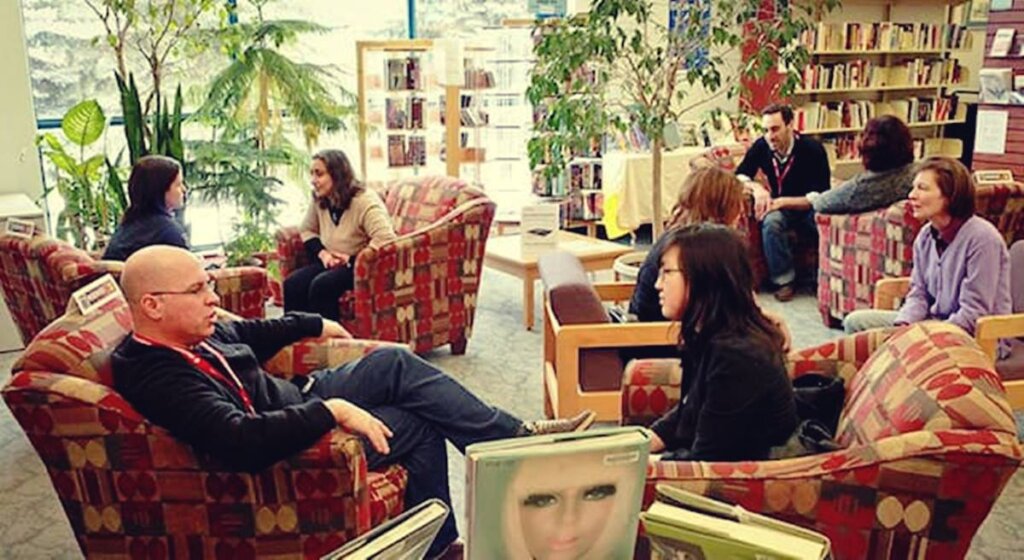The Human Library Organization: Borrowing People Instead of Books


Written and verified by the psychologist Valeria Sabater
People with bipolar disorder or schizophrenia, people who’ve suffered abuse or have intellectual disabilities, the elderly who’ve lived many different lives, or adolescents who’ve lived in a war zone. The human being is diverse, fascinating, and the best existing legacy of knowledge. This is precisely what human libraries house: genuine wisdom.
Let’s face it, in this era of e-books where digital dominates just about everything, we’ve stopped going to libraries to read books. However, in some countries, this facility is offered in another wonderful way. We can go to a room where we can choose a ‘human book’ instead of a paper novel.
Human libraries are spaces where people tell their experiences to whoever wants to listen. This allows us to embody ourselves in other people’s perspectives. In fact, due to their closeness, these people’s stories become so much more vivid and emotional. Furthermore, they’re all different and influential, and can completely change the way we conceive the world.
The Human Library invites us to ‘borrow’ a person to discover their story, just as we would a book.

The human library project: spaces for empathy
The human libraries project originated in Copenhagen in the year 2000. It was during the Roskilde Festival that the first event was organized by a Danish youth NGO called Stop Volden (Stop the violence). The experience lasted four days and more than a thousand people participated. It enjoyed unprecedented success.
In the human library project, visitors could choose a ‘human book’. A real man or a woman who told them their life story and how they’d faced a particular reality. These libraries of flesh, bones, and hearts were made up of people who’d suffered from social exclusion, prejudice, or stigma. In addition, the reader had the opportunity to ask them questions.
The goal is to challenge stigmas
In human libraries, there are some people who’ve lived through wars. There are those who are dealing or have dealt with schizophrenia or bipolar disorder, overcome an eating behavior disorder, or tried to take their own life at some point. There are alcoholics. Also, immigrants who’ve traveled a long way for a better life.
The objective of these platforms is to transmit learning and break stigmas. That’s because there’s nothing as powerful as the word, the first-person witness, and the face-to-face explanation. Indeed, although these events were originally created with the aim of favoring the inclusion of those who perceive themselves to be excluded, now other purposes have also been established.
They give many people the opportunity to express their unique needs, thoughts, and realities. After all, we all have certain stories that can be useful to others.
Many of the people who make up human libraries are men and women with whom, in our normal lives, we’d never come into contact. For example, they might be ex-prisoners, addicts, or young people with disabilities.
Half an hour in which to immerse ourselves in others’ essential stories
Some life stories have been written in perfect handwriting. Dream-like lives that have hardly been touched by any adversity at all. On the other hand, some are written rather hastily and untidily but are extremely interesting just the same.
In human libraries, nobody pays anything; they simply choose a person and listen to them for half an hour. After that, the listener leaves feeling incredibly enriched. These dynamics not only awaken empathy but also help banish certain prejudices.
Having a conversation with a living book encourages and fosters a type of communication that we should all have on a daily basis. One in which we can listen to someone who’s different, who might be suffering or at a disadvantage, and who we’d have judged with our eyes earlier when we hadn’t met them. These deep and sincere kinds of dialogues should definitely form part of our daily lives.

Where to find human libraries
The Human Library Organization, originally from Denmark, is now active in more than 80 countries around the world. To learn how it works and read their testimonials, you can visit their original website.
The objective is that, through quick 15-minute readings, the ‘human books’ let their readers know who they are, how they think, and what their lives are like. In those moments, taboo ideas come to light as well as topics that are never usually talked about. This takes the ‘readers’ out of their comfort zones.
The personal gain that this innovative experience brings is priceless. Indeed, while paper books can change our minds, flesh and blood books bring us even closer to our own humanity. The one in which our prejudices must, once and for all, disappear.
All cited sources were thoroughly reviewed by our team to ensure their quality, reliability, currency, and validity. The bibliography of this article was considered reliable and of academic or scientific accuracy.
- Proyecto Human Library: https://humanlibrary.org/
- “Inside The Event Where People Are Open Books” HuffPost UK. 9 May 2017. Retrieved 2018-07-09.
- Rice-Oxley, Mark (8 April 2012). “My day as Depression, a book at the Human Library”. The Guardian. Retrieved 2018-07-09.
This text is provided for informational purposes only and does not replace consultation with a professional. If in doubt, consult your specialist.








